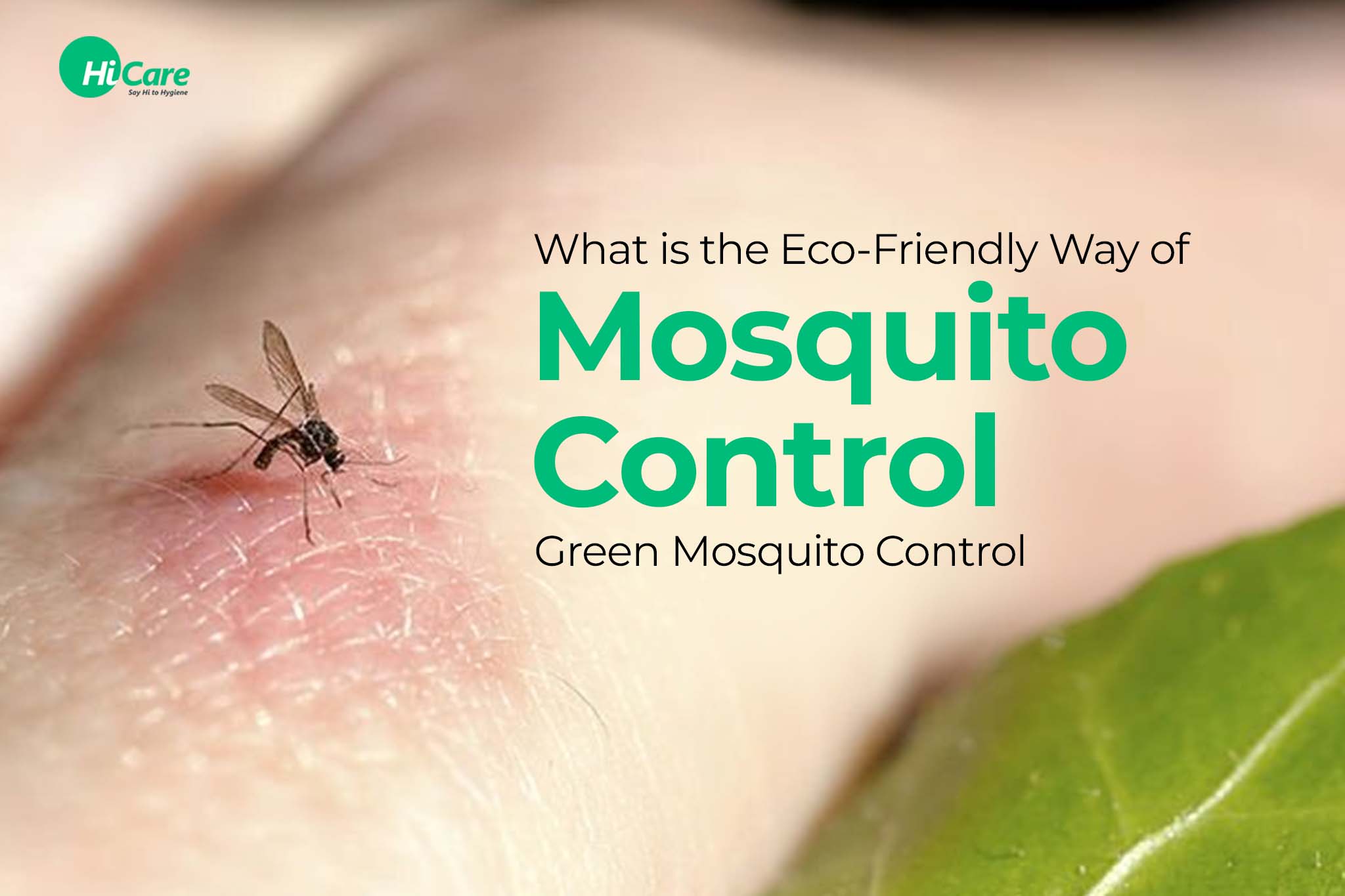Dubai Municipality is taking a bite out of its mosquito problem with a new, eco-friendly solution. Instead of relying on traditional pesticides, which can harm the environment and human health, the city is deploying a weapon straight out of a science fiction film:tiny, laser-equipped drones.
These drones, no bigger than a tennis ball, are equipped with lasers that target and kill female mosquitoes, the primary transmitters of diseases like dengue fever and Zika. The lasers are calibrated to only target adult female mosquitoes, minimizing harm to other insects and wildlife.
The initiative, which is still in its pilot phase, is being closely monitored by Dubai Municipality's pest control department. Early results are promising, with a significant reduction in mosquito populations in targeted areas.
"We are excited about the potential of this new technology, " said Dr. Layla Saleh, head of Dubai Municipality's pest control department. "If the pilot program continues to be successful, it could revolutionize the way we control mosquitoes in Dubai and other cities around the world. "
The traditional methods of mosquito control, such as spraying pesticides, often come with a number of drawbacks. Pesticides can harm beneficial insects and pollinators, and they can also be toxic to humans and animals. In addition, mosquitoes can develop resistance to pesticides over time, rendering them ineffective.
The laser-equipped drones offer a number of advantages over traditional methods. They are precise, targeting only the mosquitoes that need to be eliminated. They are also environmentally friendly, as they do not release any harmful chemicals into the environment. And because they target a specific life stage of the mosquito, they are less likely to lead to the development of resistance.
The use of drone technology for mosquito control is still in its early stages, but Dubai's pilot program is a promising development. If successful, it could pave the way for a new era of mosquito control that is both effective and environmentally friendly.
In addition to the environmental benefits, the use of drones could also save money in the long run. Pesticides can be expensive, and they often need to be reapplied multiple times a year. Drones, on the other hand, are a one-time investment.
The success of Dubai's pilot program will depend on a number of factors, including the cost of the drones, the effectiveness of the laser technology, and the public's acceptance of this new method of mosquito control. However, if the program is successful, it could be a game-changer in the fight against mosquitoes.

